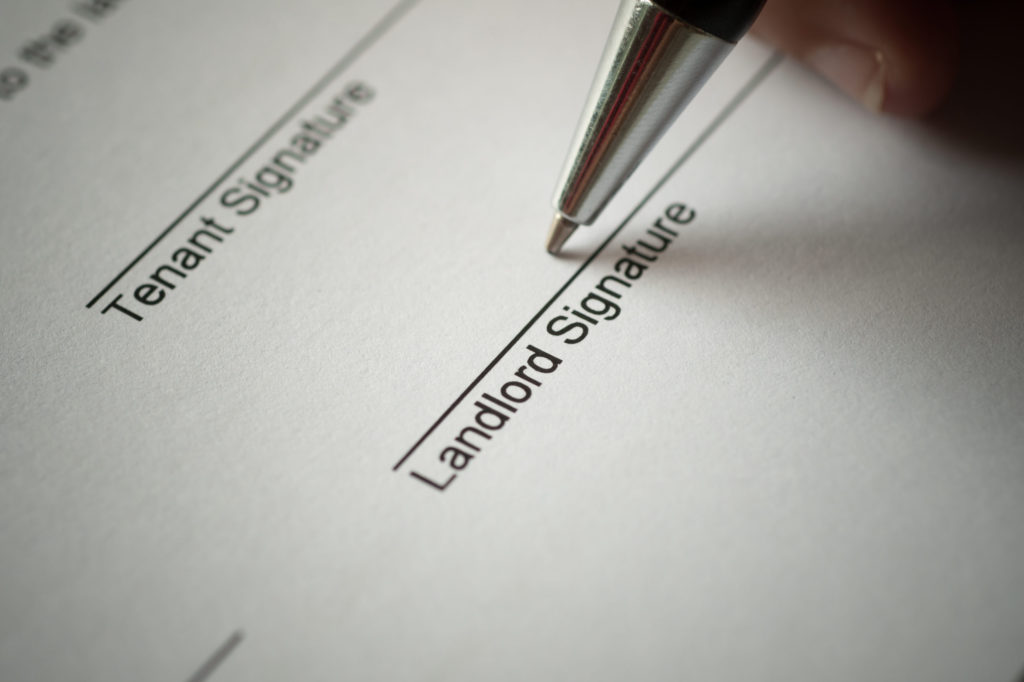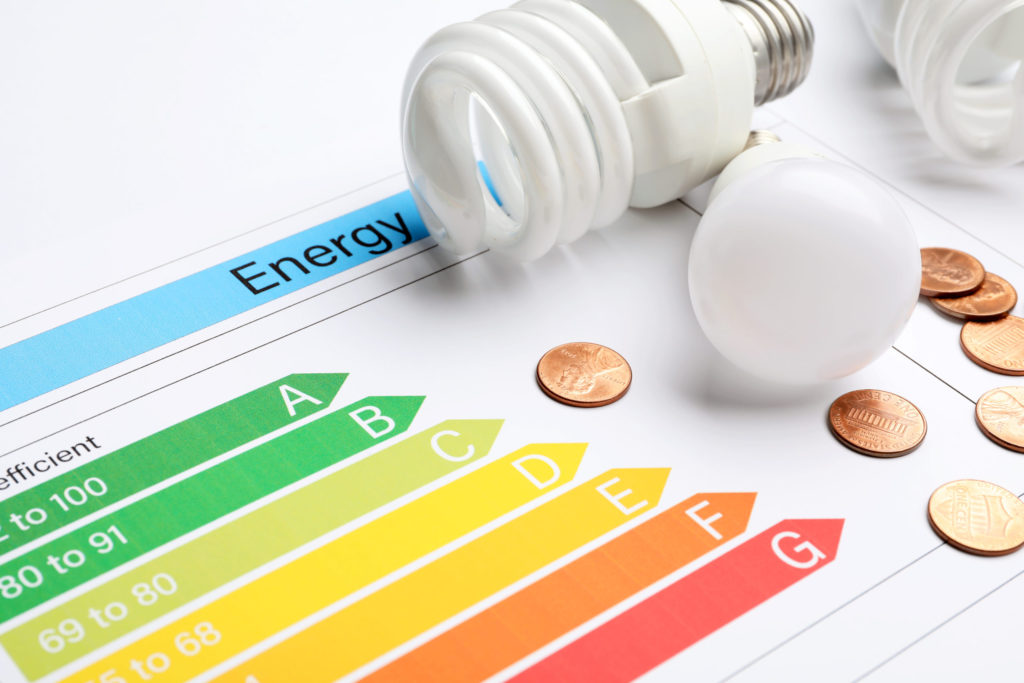Home Inspiration
Landlord Checklist – What You Should Do Before Renting Out Your Property
What exactly is a landlord checklist? It is a summary of some of the things you should do as a landlord before renting out your property to a potential tenant.
Being a landlord is a lot of work let’s be honest, the initial stages of letting a property are usually the busiest and most intense. There are several things to put in place, ranging from legal obligations to property maintenance, marketing/listing, and so on.
We decided to create a landlord checklist to help landlords understand some key points before renting to new tenants. This is by no means an exhaustive list.

You should check if your Energy Performance Certificate is up to date? All properties require an EPC, and because they are typically valid for ten (10) years, you may not need to do this for a while.
- Gas Safety Certificate
You must also have a gas safety certificate before renting out your property to a potential tenant. Gas safety certificates, on the other hand, are only valid for twelve (12) months. A gas safe registered engineer must perform this inspection.
- You Should Take an Inventory
One of the most important steps in property letting is performing an inventory before and after a tenancy because it ensures that everything is accounted for. It also lessens the likelihood of a later deposit dispute. If you require assistance, you can conduct inventories yourself or hire a third-party inventory clerk.
- Contents Insurance
Contents insurance is not necessarily a legal obligation.
This type of insurance policy may, and usually does, cover the cost of repairing or replacing fixtures and fittings or in the event that something goes wrong. This is simply to protect landlords from unforeseen events.
Landlord contents insurance policies only cover items in the landlord’s property. Items that belong to tenants, such as furniture and everyday items, will not be covered. It may be a good idea for tenants to obtain their own insurance in this case if they so desire.

Other things to keep in mind are:
- Tenant Vetting
You should thoroughly screen potential tenants. We have a list of questions you can ask potential tenants to get to know them here.
- Tenancy Agreement
Landlords are required to provide their tenants with a tenancy agreement outlining the terms of the contract reached between the two parties. This is a legally binding contract, the landlord must keep the tenancy agreement up to date to ensure that it is legally compliant.
- Tenancy Deposits
Deposits should be protected in accordance with the rules and regulations of the Tenancy Deposit Protection Scheme. You must provide the information to your tenant within 30 days of the start of the tenancy.
Verifying a tenant’s legal right to rent is an important step in the rental process. The right to rent scheme ensures that potential tenants have the legal right to live and rent in the United Kingdom. Failure to carry out these checks could result in a £3,000 fine per tenant.
Letting and managing property can be time-consuming. Use a web or mobile app to easily manage your property like a professional, and save time.
Clooper, our landlord listing platform, can help you find tenants quickly. If you’re ready to begin, sign up for free (no credit card details required!) here!
This blog post is not intended to constitute legal or financial advice.

